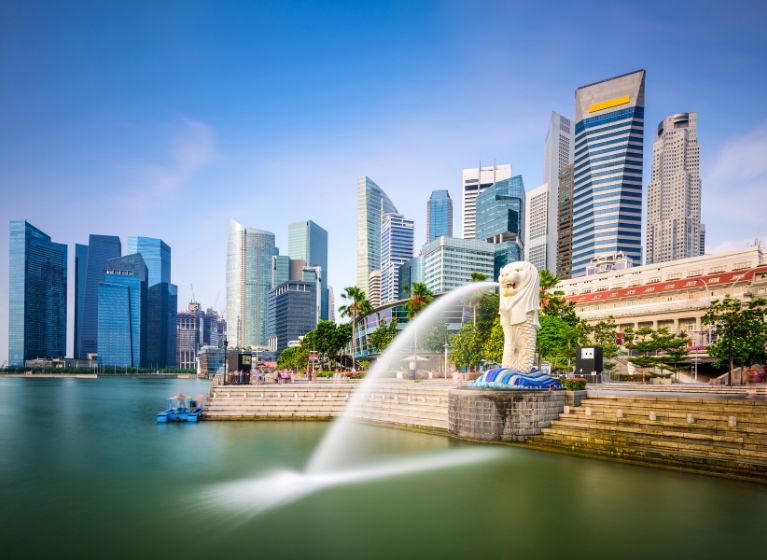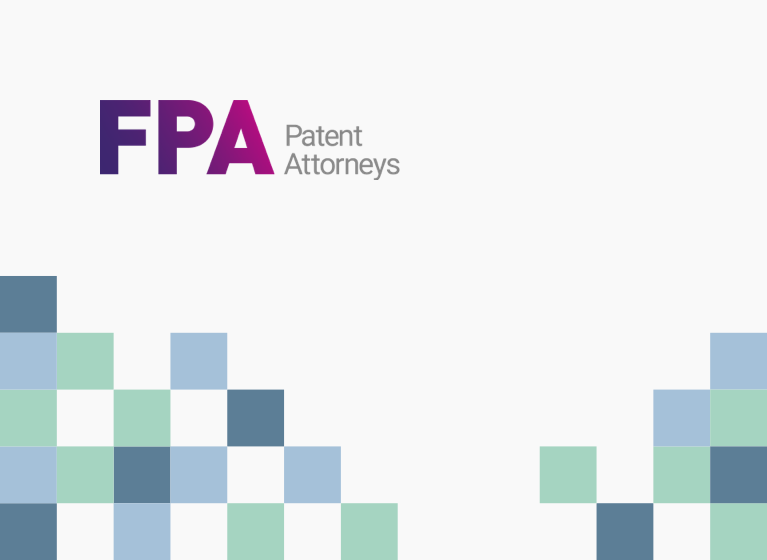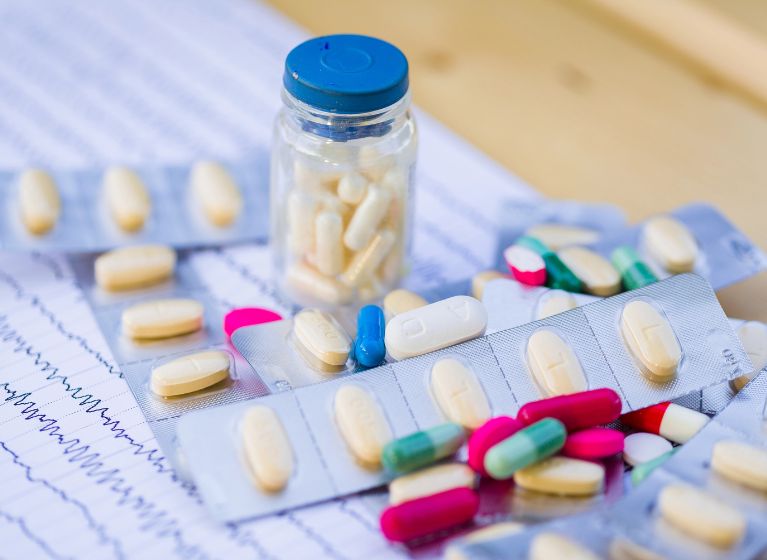Patents
Filing to grant
Preparation of patent specifications
Our patent attorneys have industry or postdoctoral experience in their respective fields of expertise and an interest in continuing education in these fields, which means that they are well placed to understand innovative technical concepts and to translate them into patent specifications.
A patent specification is a highly technical legal document, the purpose of which is twofold: first to disclose an invention to the public in language that will enable the public to work the invention when relevant patent rights have expired; and second, to identify the subject matter that the patent applicant or patent owner intends to claim exclusively for themselves. Please refer to our expertise areas to determine which of our team is best suited to assist you with the drafting process.
Singapore national phase entry
Singapore national phase applications must be filed by 30 months from the earliest claimed priority date. For national phase entry, generally all that is required is the PCT application number or International (WO) publication number and, if the specification is not in English, an English translation together with an accompanying certification. Upon payment of a fee, an extension of time of 18 months can be obtained for entering the national phase.
Singapore Convention applications
Singapore is a Convention country, meaning that a Singaporean application can be validly filed within 12 months from filing a priority application filed according to the Paris Convention for Protection of Industrial Property. All we require is an English copy of the specification to be filed and details of the priority document, applicant and inventors.
Examination and grant of a Singapore patent application
A Singaporean application for a patent is not examined automatically. In order to have the application examined, a request for examination must first be filed. A request for examination must be filed within 36 months from the priority date.
If there are lawful grounds of objection (eg the invention is not novel) a report will be issued giving the applicant 5 months to submit a response to address the objections. If the application is not in a state of allowance after at least two responses, it will lapse. One option is to file a divisional application if acceptance cannot be achieved after the submission of multiple responses.
Singapore is a participating country in the Global Patent Prosecution Highway (GPPH) agreement, and has patent prosecution work sharing arrangements with China and the European Patent Office.
Once the examiner is satisfied that the patent application has met all examination requirements, a Notice of Eligibility will issue, and the applicant has 2 months to pay the grant fees.
Divisional applications
Singaporean divisional applications may currently be voluntarily filed for subject matter disclosed but not claimed in a parent application or because of the examiner’s objection to the unity of invention raised during examination. This is provided that the divisional applications are filed any time before the parent application has been refused, withdrawn or become abandoned, or before the conditions for grant of a patent on the parent application are satisfied.
Micro-organisms
Singapore is a signatory to the Budapest Treaty on the International Recognition of the Deposit of Micro-organisms for the Purposes of Patent Procedure. If a patent applicant intends to rely on a micro-organism deposit made under this Treaty to satisfy written description requirement, the deposit must be made on or before the filing date of the priority application.
The published Singaporean patent specification must include details of the deposit, including the accession number of the deposit and the name of the depository institution. It is also a requirement that a copy of the deposit receipt is provided to IPOS prior to grant of the patent application. If the receipt is not in English, an English translation of the receipt must be provided. If the deposit was not made by the applicant, details of how the applicant is entitled to the deposit are required.
Utility patents
Utility patents are not available in Singapore.
Extensions of time
An extension of time can be obtained for missing some deadlines, such as entering the national phase, requesting examination, etc, as a matter of course. To obtain an extension, it is necessary to furnish the requisite documentation and fees.
There are some deadlines that are non-extendible, so it would be desirable to avoid an assumption that an extension of time is available.
Oppositions
There is no opposition procedure.
Re-examination
Any person may request re-examination of a patent at any time during the term of a patent. Prior to grant, third party submissions may be made to IPOS. Once a patent has granted, IPOS has to conduct a re-examination of the patent on request from a third party.
Re-examination is an ex-parte proceeding. The party requesting re-examination compiles its documents and files them with IPOS. Once the patentee (or patent applicant) is given an opportunity to respond, an examiner will consider the documents received by the requesting party and any responsive materials received from the patentee. IPOS then engages with only the patentee in order to establish whether the claims are valid, either as currently framed or in an amended form proposed by the patentee. The requesting party takes no further part in the re-examination proceeding.
Pharmaceuticals
Singapore has a patent term extension regime available for certain patents. Eligible patents may have their term extended by up to five years.
Any of the following conditions must be satisfied in order to pursue a request for the grant of an extension of term:
- There was an unreasonable delay by IPOS in granting the patent.
- Documents being relied upon by IPOS originate from counterpart patents that have extended terms resultant from patent office delays.
- An active ingredient of a pharmaceutical product has encountered a delay in marketing approval and the term of the patent has not previously been extended on this ground.
Singapore provides a 5 year data exclusivity period which commences on the date that approval for the product is granted by the Health Services Authority.
Searching
Our attorneys are all trained in the formulation of searching strategies, whether for the purpose of determining the state of the art relating to an invention, competitor landscape searching or freedom to operate (FTO) analysis. At the option of our clients, we can perform searching in-house or contract searching out to any of a variety of specialist searching agents in our network, either in Singapore or overseas. Please contact us to discuss your needs.
Designs
Filing to registration
A registered design protects one or more visual features of any article or non-physical product. The visual features may be three-dimensional, such as the shape or configuration of a product, or two-dimensional, such as a graphical user interface, or the pattern/ornamentation of the product.
For a registered design to be valid, it must be new and distinctive over designs published or used anywhere in the world.
Securing the earliest possible filing date is therefore important, as this is the date used to determine if your design is new and distinctive. There is a 6 month grace period for designs in Singapore in limited circumstances.
A Singapore application can provide you with a priority date for overseas design applications, filed within six months of the Singapore application. Similarly, if you have already filed an application for a design registration (or a design patent) overseas, a Singapore application may use the filing date of the foreign application as its priority date, if your Singapore application is filed within six months of the foreign application.
There is no substantive examination of design applications before registration in Singapore. The design will be registered and appear on the register of designs following completion of a formalities check.
The initial term of registration is 5 years, renewable twice up to a maximum term of 15 years.
Examination
There is no substantive examination for Singaporean design applications.


